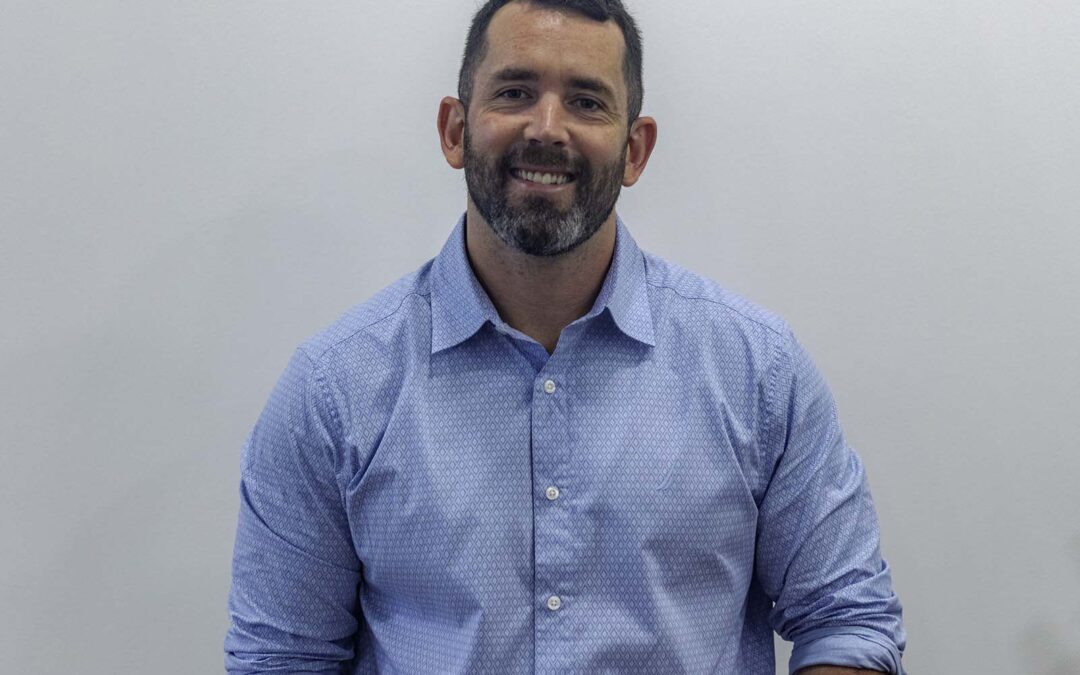Many individuals who complete inpatient addiction treatment programs often wonder, “What’s next?” While inpatient programs provide a safe and intensive environment to begin recovery, the transition back to everyday life can be challenging. This is where sober living and outpatient rehab come in.
What is Sober Living?
Sober living homes offer a structured and supportive environment for individuals in early recovery. These homes are not treatment centers themselves, but rather bridge the gap between inpatient care and independent living. Residents in sober living typically share a house with others who are also committed to sobriety. Sober living environments provide several benefits, including:
- Safe and drug-free environment: Sober living homes offer a secure space free from drugs and alcohol, which can be crucial for preventing relapse.
- Peer support: Residents can build a network of supportive peers who understand the challenges of recovery.
- Accountability: Sober living homes often have curfews, house rules, and regular drug testing to promote accountability and continued commitment to recovery.
- Life skills development: Many sober living programs offer workshops and support to help residents develop essential life skills necessary for independent living, such as budgeting, job searching, and healthy relationship building.
What is Outpatient Rehab?
Outpatient rehab programs allow individuals to receive addiction treatment services while living at home. These programs provide a less intensive level of care compared to inpatient treatment, but still offer crucial support to maintain sobriety. Outpatient rehab typically involves individual and group therapy sessions, relapse prevention education, and other services tailored to individual needs.
How Sober Living and Outpatient Rehab Work Together
Sober living and outpatient rehab can be a powerful combination for long-term addiction recovery. Here’s how they complement each other:
- Structured support: Sober living offers a structured environment that can help individuals continue the routines and positive habits developed in inpatient treatment.
- Continued therapy: Outpatient rehab allows individuals to continue receiving individual and group therapy while living in a sober environment. This can be crucial in addressing underlying issues that contribute to addiction and developing coping mechanisms for triggers.
- Gradual transition: Both provide a gradual transition back to independent living. Residents gain valuable life skills and confidence while receiving ongoing support from both the sober living community and outpatient program.
- Reduced risk of relapse: Studies have shown that individuals who participate in both sober living and outpatient rehab have a lower risk of relapse compared to those who only receive one or the other.
Is Sober Living and Outpatient Rehab Right for You?
The decision to participate in sober living and outpatient rehab depends on several factors, such as the severity of your addiction, your support system at home, and your personal preferences. It’s important to consult with a qualified addiction treatment professional to determine the best course of action for your individual needs. Here at Insight Recovery Treatment Center, we offer a free and confidential assessment to help you create a personalized recovery plan.
Additional Considerations
When considering sober living and outpatient rehab, it’s important to find programs that are a good fit for you. Here are some questions to consider:
- Gender-specific programs: Do you feel more comfortable in a gender-specific program?
- Location: Is the location convenient for you and your outpatient program?
- Cost: What are the program fees, and does your insurance cover any of the costs?
- Amenities: Does the sober living program offer amenities that are important to you, such as transportation assistance or meal preparation?
Finding Sober Living and Outpatient Rehab Programs
There are many resources available to help you find reputable programs. Here are a few:
- The National Institute on Drug Abuse (NIDA): NIDA provides a wealth of information on addiction treatment, including a directory of treatment programs across the United States.
- The Substance Abuse and Mental Health Services Administration (SAMHSA): SAMHSA offers a national helpline that can provide information and referrals to treatment programs.
The Importance of Aftercare: Sober Living and Outpatient Rehab
Transitioning from inpatient treatment to independent living can be a daunting challenge. This is where sober living and outpatient rehab become invaluable tools in the recovery process. By providing a structured and supportive environment, these programs help individuals build the foundation for long-term sobriety.
The Role of Sober Living
Sober living homes offer a drug and alcohol-free environment where individuals can focus on personal growth and recovery. Furthermore, these homes foster a sense of community and accountability, both of which are essential for maintaining sobriety. For example, residents often participate in house meetings, as well as attend 12-step meetings and engage in other recovery-oriented activities.
While sober living provides a strong support network, it’s crucial to address the underlying causes of addiction through therapy and counseling. This is where outpatient rehab comes into play.
The Benefits of Outpatient Rehab
Outpatient rehab programs offer a flexible approach to treatment, allowing individuals to continue their daily responsibilities while receiving professional care. These programs typically include individual and group therapy sessions, medication management, and education on addiction and recovery.
By combining them, individuals can create a comprehensive aftercare plan that addresses both their immediate needs and long-term goals. This integrated approach can significantly improve outcomes and reduce the risk of relapse.
Building a Strong Foundation for Recovery
Sober living and outpatient rehab work synergistically to provide a solid foundation for sustained recovery. Sober living offers a safe and supportive environment, while outpatient rehab provides the therapeutic tools necessary for personal growth and healing.
It’s important to note that recovery is a lifelong journey. While sober living and outpatient rehab are essential components of aftercare, continued support and self-care are vital for maintaining sobriety. This may include attending 12-step meetings, participating in support groups, and engaging in healthy lifestyle activities.
Insight Recovery Treatment Center understands the challenges of recovery and is committed to providing comprehensive support. Moreover, our aftercare programs combine access to sober living and outpatient rehab to create a personalized path to lasting recovery. We believe that with the right tools and support, individuals can overcome addiction and live fulfilling lives.
Additional Tips for Success
To increase your chances of success consider the following tips:
- Build a strong support system: Surround yourself with supportive friends and family who encourage your recovery.
- Practice self-care: Prioritize physical and mental well-being through exercise, healthy eating, and relaxation techniques.
- Set realistic goals: Establish achievable goals for your recovery journey and celebrate your successes.
- Be patient with yourself: Recovery is a process, and setbacks are normal. Don’t be discouraged; learn from your mistakes and keep moving forward.
Conclusion
Sober living and outpatient rehab are essential components of a comprehensive aftercare plan. Consequently, by working together, these programs provide individuals with the support and tools needed to achieve long-term sobriety.Therefore, if you or someone you know is struggling with addiction, please reach out to Insight Recovery Treatment Center for help. Ultimately, our dedicated team is here to guide you on your path to recovery.
Remember: Recovery is possible. With the right support and determination, you can overcome addiction and build a fulfilling life.
Additional Resources:
- Substance Abuse and Mental Health Services Administration (SAMHSA): https://www.samhsa.gov/
- National Council on Alcoholism and Drug Dependence (NCADD): https://ncadd.org/






